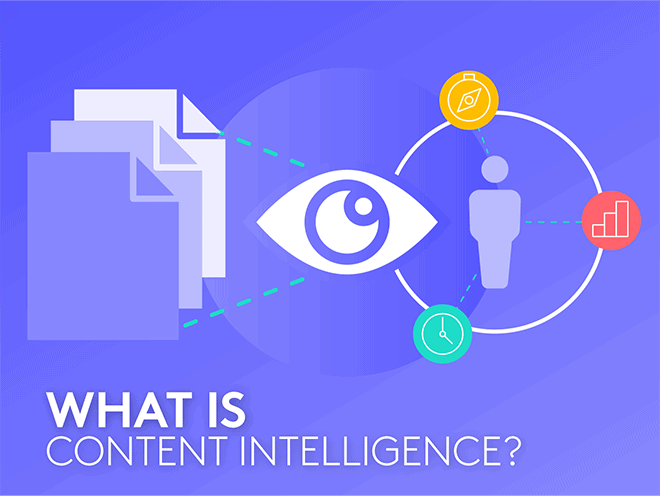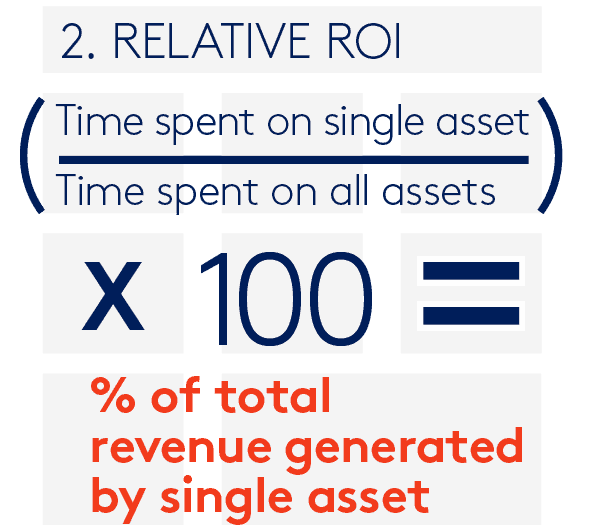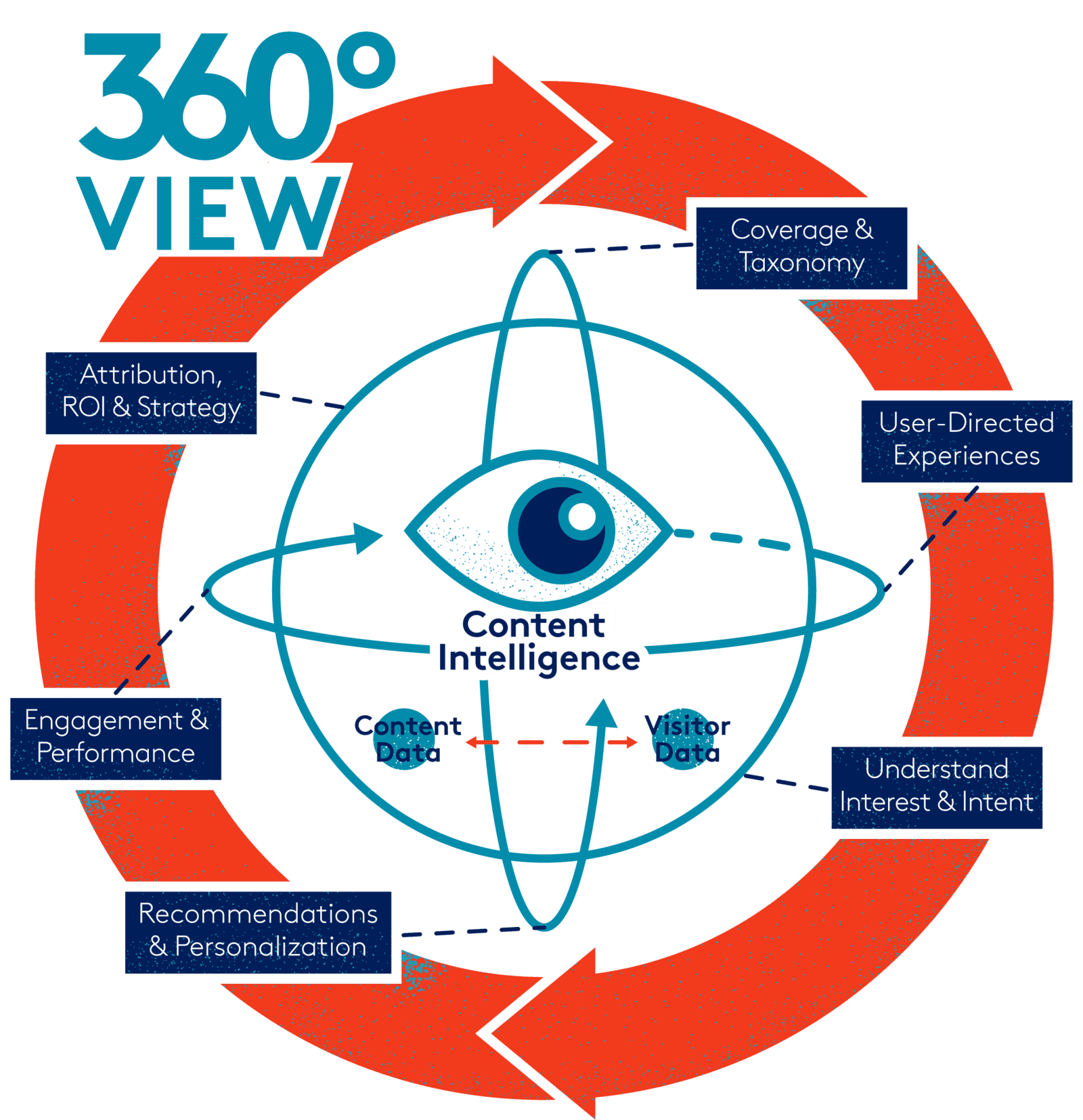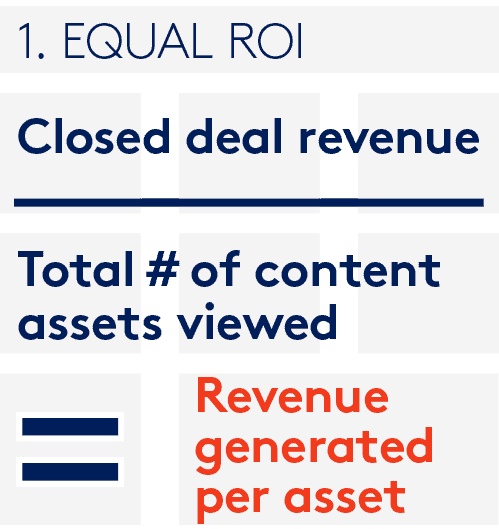
What is Content Intelligence?
In B2B marketing, content intelligence isn’t just a buzzword. It’s the missing piece of the puzzle.
B2B marketing leaders are always seeking new ways to optimize their content marketing strategies—one way to do this? Content Intelligence. But what exactly is Content Intelligence, and how can it enhance your content marketing efforts? This blog post delves into the concept, its benefits, and how it can transform your approach to content marketing.
Content Intelligence refers to the use of advanced technologies, such as machine learning and artificial intelligence, to analyze, enhance, and optimize content. It involves collecting data from various sources, analyzing it, and providing actionable insights to improve content strategy, creation, and distribution. Content Intelligence bridges the gap between raw data and strategic content decisions, enabling marketers to make data-driven choices that resonate with their audience.
What is content intelligence?
Content intelligence enables marketers to future-proof their content engines, effectively measure content performance, and create a new class of first-party data so they can deliver relevant content experiences at scale. It compiles, analyzes, and interprets rich content, engagement, and visitor data to form a 360-degree view of content across the buyer’s journey. Content intelligence can also be used to deliver completely personalized, user-directed experiences at scale, across marketing, sales, commerce, and service interactions.
You can even merge content intelligence with CRM data to calculate ROI of every piece of content in your arsenal (in fact, we’ve figured out the exact formula to help you do it). How? We’ll show you. But first it’s important to understand the two “building blocks” of content intelligence — content data and visitor data — and how they actually work.
Content intelligence uses rich, adaptive data to give marketers a 360-degree view of content performance across complex buyer’s journeys. Here’s how.
How content intelligence works
Content intelligence converts regular content assets into structured data which can then be tracked and measured. It uses natural language processing (NLP) to identify a vast array of content attributes, which are then captured as rich metadata or “data about data.
“Natural language processing (NLP) refers to the branch of computer science – and more specifically, the branch of artificial intelligence or AI – concerned with giving computers the ability to understand text and spoken words in much the same way human beings can.”
— IBM
B2B marketing isn’t the only business model to use content intelligence. So many of the consumer experiences you already know and love — like Netflix, Spotify, and Amazon — use content intelligence to turn their vast content and product libraries into structured datasets, understand how you’re engaging with their offerings, and make uncannily accurate personalized recommendations every time you log on. Consider all the metadata that a single song on Spotify might include, for example: song title, artist, album(s), release date, featured artists, genre(s), instruments, lyrics, album artwork, composer, lyricist, songwriter, version, cover or parody, track number on album(s), parental advisory, language, tempo, track duration, soundtracks.
Content intelligence goes far beyond the basic identifiers most marketers are used to, like asset type or topic. It can automatically tag by quality and utilization characteristics, such as word count, readability score, and number of instances in a nurture program or content sequence. Content intelligence can even classify assets by sentiment or tone of voice. It can also learn how different assets are related to one another and sort them accordingly.
How Content Intelligence Platforms Work
Visitor data is the second building block of content intelligence. This consists of engagement data — including exact view time, return rate, bounce rate, form submission rate, and viewing order of multiple assets — which can be measured and analyzed on an individual, account, and industry level. Content intelligence can then combine this information with its precise, exhaustive content data to build rich customer profiles based on topics of interest, rather than broad segmentations such as vertical or job title. It also predicts which assets are more likely to trigger engagement in the future and makes recommendations to visitors in real time based on previous content interactions and consumption behavior.
In combining content data and visitor data, content intelligence enables marketers to form a complete understanding of their content and its impact throughout the buyer’s journey.
Content Intelligence platforms leverage sophisticated algorithms to analyze vast amounts of data. Here’s a breakdown of how they function:
Data Collection and Analysis: These platforms gather data from multiple channels, including social media, websites, and customer interactions. They analyze this data to identify trends, preferences, and behaviors.
Keyword and Topic Recommendations: By understanding what your audience is searching for, Content Intelligence tools suggest relevant keywords and topics. This ensures that your piece of content is aligned with current interests and increases its visibility.
Content Performance Metrics: They provide detailed analytics on how your content is performing. This includes metrics such as engagement rates, conversions, and time spent on a piece of content.
Personalized Content Recommendations: Based on user behavior and preferences, these platforms recommend personalized content to different audience segments, enhancing user experience and engagement.
Optimization Suggestions: They offer valuable insights on how to improve existing content, from headline suggestions to content structure and optimal publishing times.
The Benefits of Content Intelligence
Implementing Content Intelligence can significantly impact your content marketing strategies. Here are some key benefits:
Enhanced Audience Understanding
Content Intelligence provides a deep understanding of your audience’s preferences, behaviors, and needs. This allows you to create more targeted and relevant content, increasing engagement and building stronger relationships with your audience.
Improved Content Quality
By leveraging data-driven insights, you can create high-quality content that resonates with your audience. Content Intelligence s suggests the best keywords, topics, and formats, ensuring that your content is not only relevant but also compelling and engaging.
Increased Efficiency
Content Intelligence streamlines the content creation process. By automating data collection and analysis, it saves time and resources, allowing your team to focus on creativity and strategy rather than manual data processing.
Better ROI
With precise insights into what works and what doesn’t, you can optimize your content marketing efforts for better ROI. Content Intelligence helps you allocate resources more effectively, ensuring that your marketing budget is spent on strategies that yield the highest returns.
Enhanced SEO Performance
By identifying trending topics and relevant keywords, Content Intelligence tools help improve your search engine rankings. This increases organic traffic to your website, expanding your reach and potential customer base.
Practical Applications of Content Intelligence
Content Intelligence offers a range of practical applications that can transform your content marketing strategies. It enhances content discovery by analyzing trending topics and keywords, ensuring your content remains relevant and engaging. Through audience segmentation, it allows tailoring content to different user groups based on their behaviors and preferences, boosting personalization. Here are some examples:
Content Discovery
Content Intelligence tools help generate new content ideas by analyzing trending topics and keywords. This ensures that your content strategy is always fresh and aligned with current audience interests.
Audience Segmentation
By analyzing user data, these platforms help segment your audience based on behaviors and preferences. This enables you to tailor your content to different segments, providing a more personalized experience.
Competitive Analysis
Content Intelligence allows you to keep an eye on your competitors. By understanding their content strategies and performance, you can identify gaps and opportunities, refining your approach to stay ahead of the competition.
Performance Tracking
These tools provide comprehensive analytics on content performance across various channels. This helps you understand which pieces of content are driving conversions and which ones need improvement.
Content Recommendations
Based on user behavior and preferences, Content Intelligence platforms recommend content that is most likely to engage and convert your audience. This personalization enhances user experience and fosters loyalty.
Implementing Content Intelligence in Your Strategy
To fully leverage Content Intelligence, consider the following steps:
Choose the Right Platform: Select a Content Intelligence tool that aligns with your business needs and goals. Look for features such as data analytics, keyword recommendations, and content optimization suggestions.
Integrate with Existing Systems: Ensure that the platform integrates seamlessly with your existing marketing tools and systems for a unified approach.
Train Your Team: Equip your team with the necessary skills and knowledge to use Content Intelligence tools effectively. This includes understanding how to interpret data and apply insights to your content strategy.
Continuously Monitor and Adjust: Content Intelligence is an ongoing process. Regularly monitor performance metrics and adjust your strategy based on the insights provided by the platform.
Content ROI calculator
There are 2 easy ways to determine the amount of revenue generated by each asset a buyer engages with on their path to purchase:
Equal ROI
Closed deal revenue / total # of content assets viewed = Revenue generated per asset
If a closed-won opportunity is worth $100,000 and the buyer consumed 10 content assets, each would be credited for contributing $10,000 of the total revenue.
Relative ROI

(Time spent on single asset / Total time spent on assets) x 100 = % of total revenue generated by single asset
It’s unlikely that prospects engaged equally with every piece of content. Diving deeper into the data will help marketers more accurately determine which assets had the biggest impact. Look at the total amount of time spent on each asset (including return visits) in relation to others viewed on their path to purchase.
Content intelligence doesn’t just help marketers quantify content ROI behind each conversion; it can also identify common patterns to determine which assets are most likely to influence future purchase decisions. These are just some of the questions you can answer when you integrate CRM data with content intelligence:
- Which “magic” asset do customers always view just before they request a demo or sign a contract?
- How many members of the buying committee have to engage with your content before they commit? How much faster do deals close when the buying committee engages with content for more than 10 minutes?
- Were any assets viewed in the same sequence across multiple journeys?
- Were any assets viewed more than once by multiple accounts? Which ones?
- Looking at all the assets consumed across your last X closed/won opportunities, which had the longest viewing time? What was the topic of this asset, and how often is it covered in your existing content library?
This knowledge enables marketers to identify the heavy hitters in their content library and execute their content strategy based on actual data, rather than gut feelings or guesswork.

Achieve Greater Success
Content Intelligence is a game-changer for B2B marketing leaders. By leveraging advanced technologies to gain deeper insights into your audience and content performance, you can create more effective, targeted, and engaging content. This not only enhances your content marketing efforts but also drives better results, making it an invaluable asset in today’s competitive digital landscape. Embrace Content Intelligence and transform your content strategy to achieve even greater success and impact.

